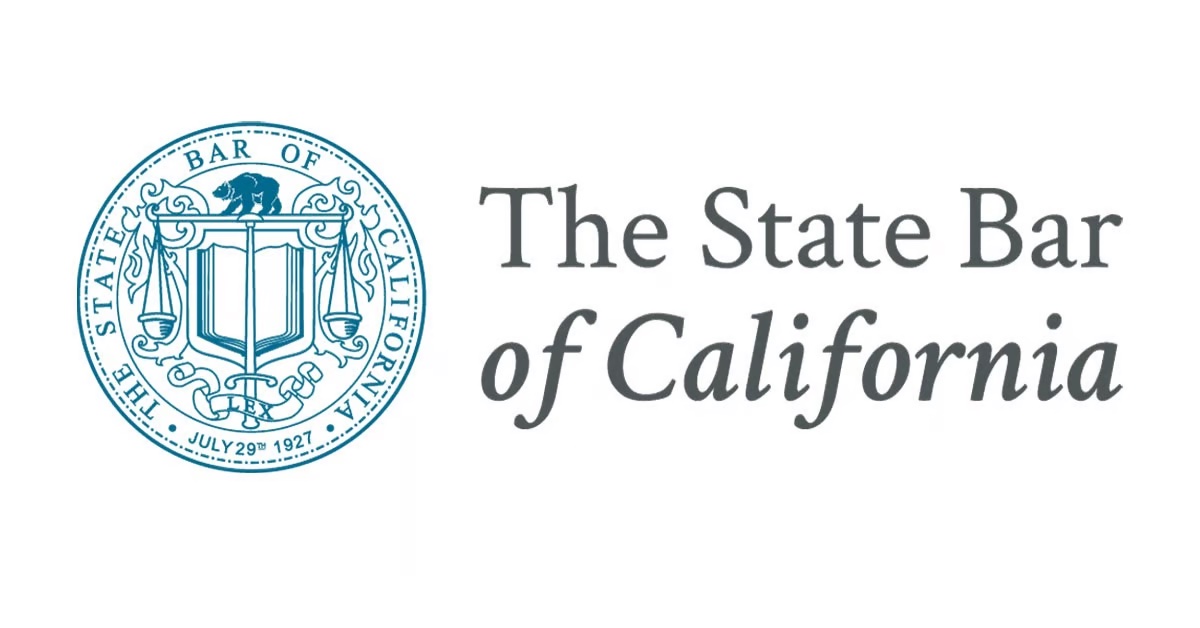and Probate Law Firm
Estate Planning and Beneficiary Designations
As a Folsom estate planning attorney who is experienced in the area of estate administration, one of the most common questions that I am asked is what role the beneficiary designation plays in the estate planning process. Namely, if a client were to have a will or living trust drafted, what happens to the beneficiary designation on, say, a savings account?
In the context of estate planning and asset distribution, wills/living trusts and beneficiary designations typically have different roles and priorities, and one may take precedence over the other depending on the specific assets and circumstances involved. Here’s a general overview:
- Wills and Living Trusts:
- Asset Distribution: A will or living trust outlines your wishes for the distribution of your assets upon your death. It typically covers a wide range of assets, including real estate, personal property, and investments that are not governed by beneficiary designations.
- Probate Process: Assets that are subject to your will generally go through the probate process, which is a court-supervised process for validating the will and ensuring that your debts are paid and assets are distributed according to your wishes. Please note that if you have a properly executed and funded living trust, probate can generally be avoided. Most clients, especially those who own real estate, are generally advised to set up a living trust to avoid the cost and expense of this probate process.
- Beneficiary Designations:
- Specific Assets: Beneficiary designations are typically associated with specific assets such as life insurance policies, retirement accounts (e.g., IRAs, 401(k)s), and certain bank accounts (e.g., payable-on-death or transfer-on-death accounts).
- Non-Probate Assets: The aforementioned assets that have these designated beneficiaries usually bypass the probate process and are transferred directly to the named beneficiaries upon your death, avoiding delays associated with probate. As such, if you are dealing with the correct type of asset and a properly named beneficiary, the probate of that asset will be avoided and the asset can be directly distributed to that individual.
Preference and Priority
- In general, beneficiary designations often take precedence over the instructions in a will or a living trust. This means that if you have designated a specific beneficiary for an asset, that beneficiary is entitled to receive the asset, and the instructions in your will or living trust regarding that asset may not override the beneficiary designation. For example, if your will or living trust states that your spouse is to receive your entire estate upon your passing, but your individually owned savings account only lists your child as a beneficiary, then your child will receive the money that is in the savings account.
- However, there are exceptions and complexities. For instance, if the beneficiary designation is outdated or contradicts your will, there may be legal challenges or disputes. In the example used above for the savings account, if there is a conflict between the spouse and the child, it often can lead to costly litigation or unnecessary conflicts within families. As such, preparing and executing an estate plan requires planning and expertise so that all assets unequivocally flow to the correct beneficiaries.
- Lastly, specific account or policy terms can influence the priority of beneficiary designations. As such, it is important to understand the specific rules for each specific asset.
Conclusion
It’s crucial to regularly review and update both your will/living trust and beneficiary designations to ensure they align with your current wishes and circumstances. Additionally, consulting with a lawyer who specializes in Folsom estate planning can help you navigate these complexities and ensure that your estate plan is structured to meet your objectives. The interaction between wills/living trusts and beneficiary designations can vary depending on the specifics of your situation, so legal advice tailored to your situation is essential. If you have any questions about beneficiary designations, please contact Thapar Law at 916-579-0605 or send us a message.







